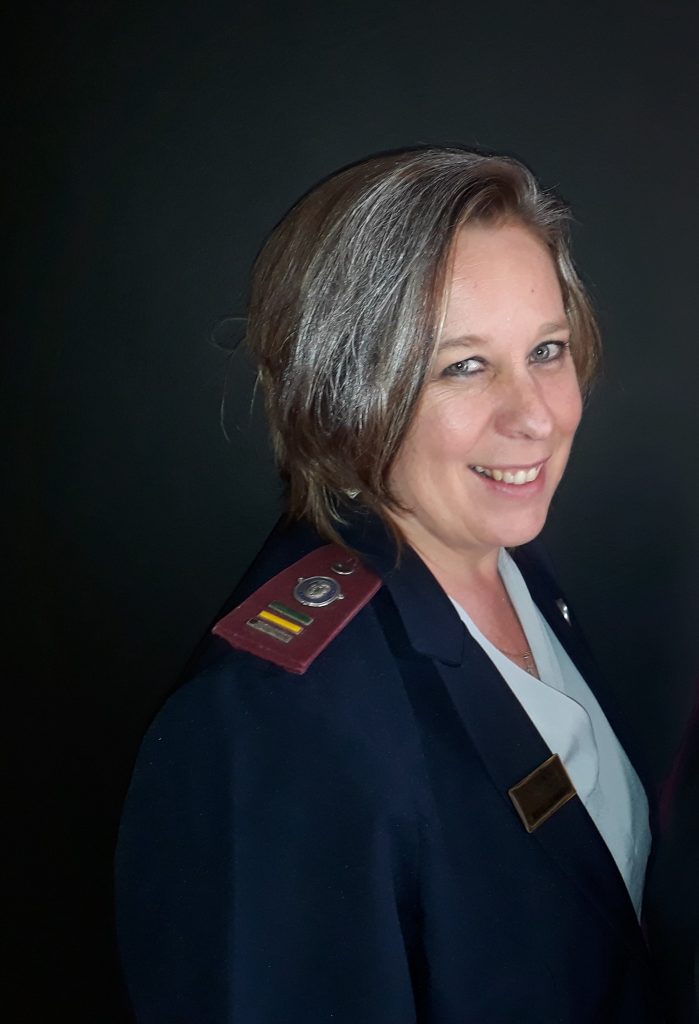
People who abuse drugs or alcohol often do so to cope with anxiety, depression and other mental health issues. A global pandemic like COVID-19 can trigger a wide range of emotional reactions, causing high levels of anxiety and stress for all of us.
“Substance use and abuse during this time should be avoided but ironically, people turn to substances to cope with the stress and trauma,” says Estelle Raath, the deputy manager of Johannesburg-based Sanca Wedge Gardens rehab centre.
People often cope by using substances, primarily things that are easily available like alcohol, tobacco, cannabis and non-prescription medications, she explains. “That’s why substance abuse may rise during COVID-19. Substance abusers might look for a way to feel better and escape from the traumatic and stressful circumstances. When they use drugs or alcohol, the reward pathways in their brain are triggered.
“Many substance abusers have underlying medical conditions, which often place them at great risk of contracting COVID-19. The fear that they might get the virus by leaving their homes or going back to work can cause extreme anxiety for many and anxiety and stress are huge triggers for relapse,” says Estelle.
She explains that when a person’s stress overwhelms their coping skills, they are more likely to abuse substances, to relapse or to increase the substances they already use.
“We are social beings and in need of human contact. COVID-19 has exposed people to isolation, relationship challenges and financial insecurity. During isolation, no contact can have a negative impact on mental health and again there is a correlation between mental health and addiction.”
For those at risk of relapse during this time, it is important to reach out for help before it happens.
Other measures to promote wellbeing during the pandemic:
- Reduce or stop taking any non-prescribed substances if you can do it safely.
- Take prescription medication as prescribed.
- Reduce the intake of caffeine and alcohol.
- Connect with loved ones while maintaining physical distances.
- Join addiction support groups; there are many groups available online.
- Practice self-care.
- Seek professional help if you cannot do it alone.
Wedge Gardens offers a professional substance abuse treatment programme based on various psychological theories which were pioneered nationally. It is run in conjunction with the 12-step professional programme.To contact Wedge Gardens, call 010 534 6596 or visit www.wedgegardens.co.za